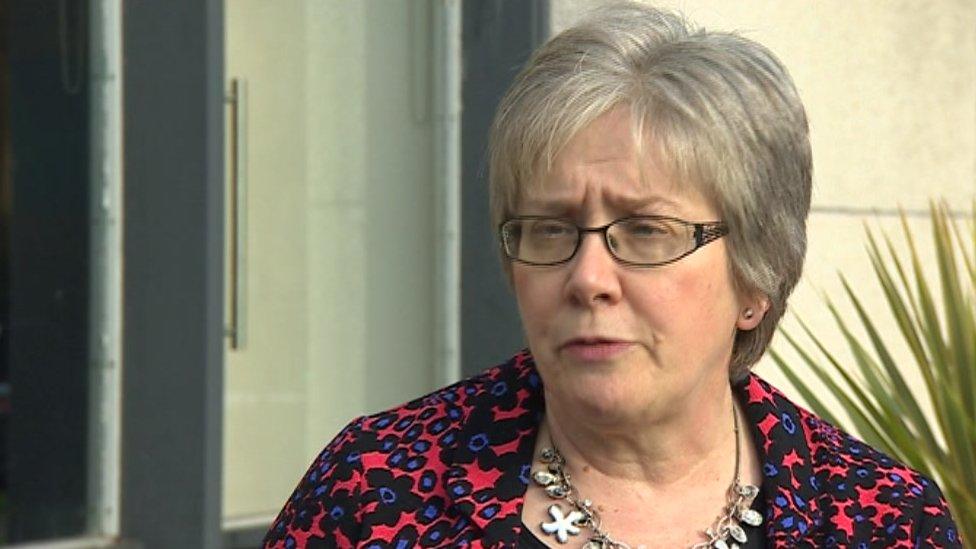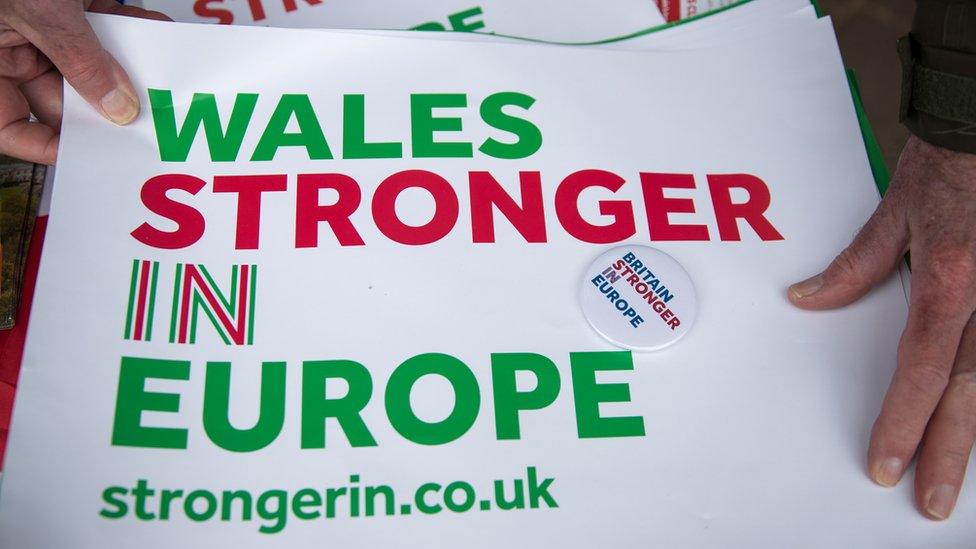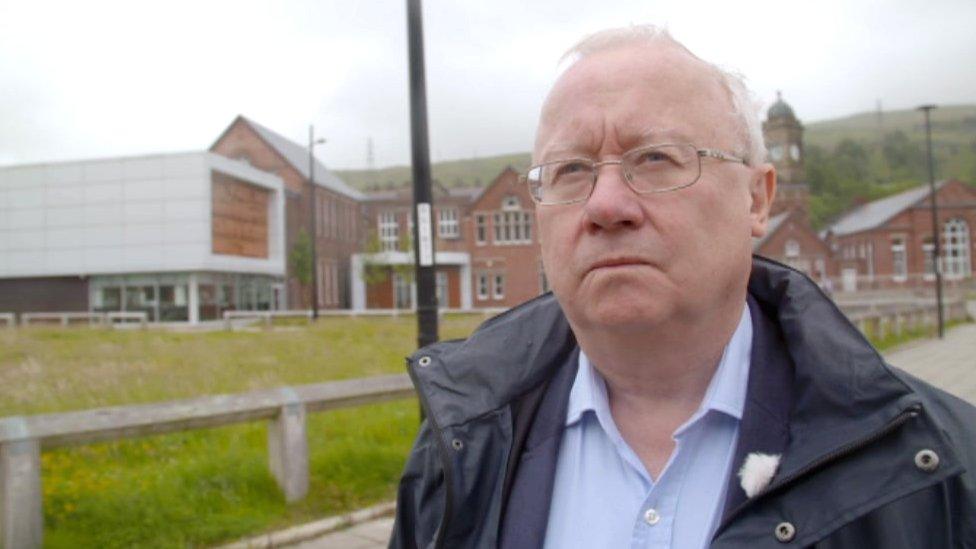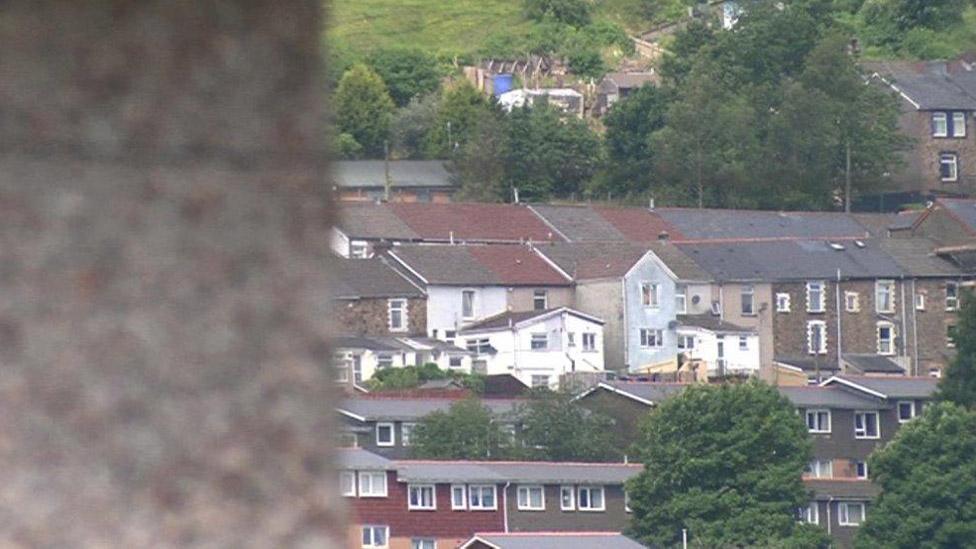EU aid 'too little, too late' to stop Wales Brexit vote
- Published

People voted for the better future the EU had failed to deliver, says Victoria Winckler
The majority of people in EU-aided areas of Wales backed Brexit because funding was not enough to solve their problems, a think tank has claimed.
The Bevan Foundation said EU structural funds of £4bn over 20 years were a "drop in the public spending ocean".
Aid was "swimming against the tide" of a single market which caused Wales to lose manufacturing jobs, it said.
Foundation director Victoria Winckler called for government action to promote growth outside south east England.
Writing to mark the six month anniversary of the EU referendum, external, Ms Winckler said the majority vote in Wales for Brexit had been greeted with "widespread disbelief".
Referring to one commentator's headline, external, she wrote: "The turkeys didn't vote for Christmas - they voted for the better future that the EU had failed to deliver."
She dismissed explanations ranging from "the failures of the remain campaign itself to the weakness of Welsh media to the nature of devolution to Wales".
Sian Lloyd reports on the impact of the EU referendum in south east Wales
"In fact, the explanation is much simpler - EU funds simply didn't do what they were supposed to," she wrote.
Blaenau Gwent - which saw the biggest majority in Wales for Brexit - saw a fall in jobs over 16 years, while other leave-voting areas such as Merthyr Tydfil, Caerphilly and Torfaen had seen "barely perceptible" growth, she added.
"If these towns were 'showered with cash', it appears to have gone straight down the drain," said Ms Winckler, who originally helped secure EU aid for west Wales and the valleys while working in local government.
Even so, Wales' EU structural funds were "tiny" at £200m a year, she claimed, compared to the £9bn spent on the 2012 Olympics and the £14.8bn Crossrail project in London.
She also pointed out that EU aid was given to create jobs "at the same time as the EU single market encouraged job loss", with some of the new jobs being filled by migrant workers.
"The irony of EU money being used to help to create jobs that were then filled by workers from elsewhere in the EU was not lost," Ms Winckler wrote.
While it was "highly unlikely" the UK government would make up for the lost EU funding in full, she argued that an "effective UK regional policy" was more important.
"It will also need a radical programme in Wales to create 'better jobs closer to home'," she added.
- Published29 July 2016

- Published11 July 2016

- Published25 June 2016

- Published24 June 2016

- Published14 November 2016
